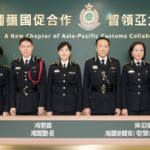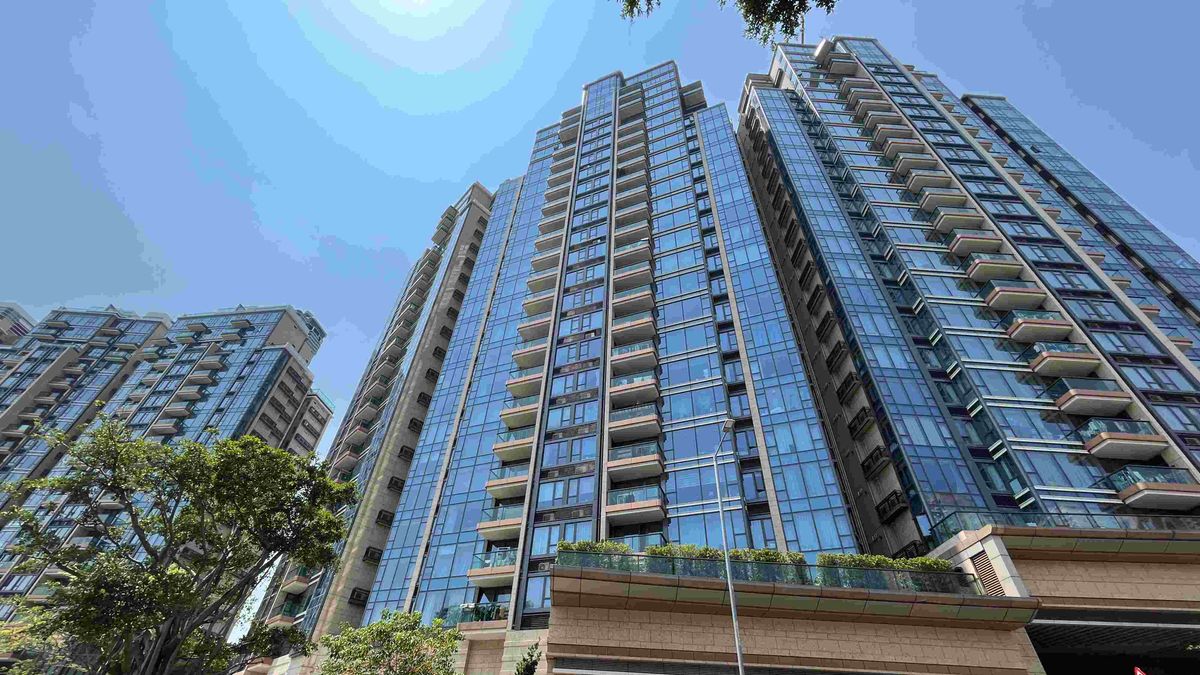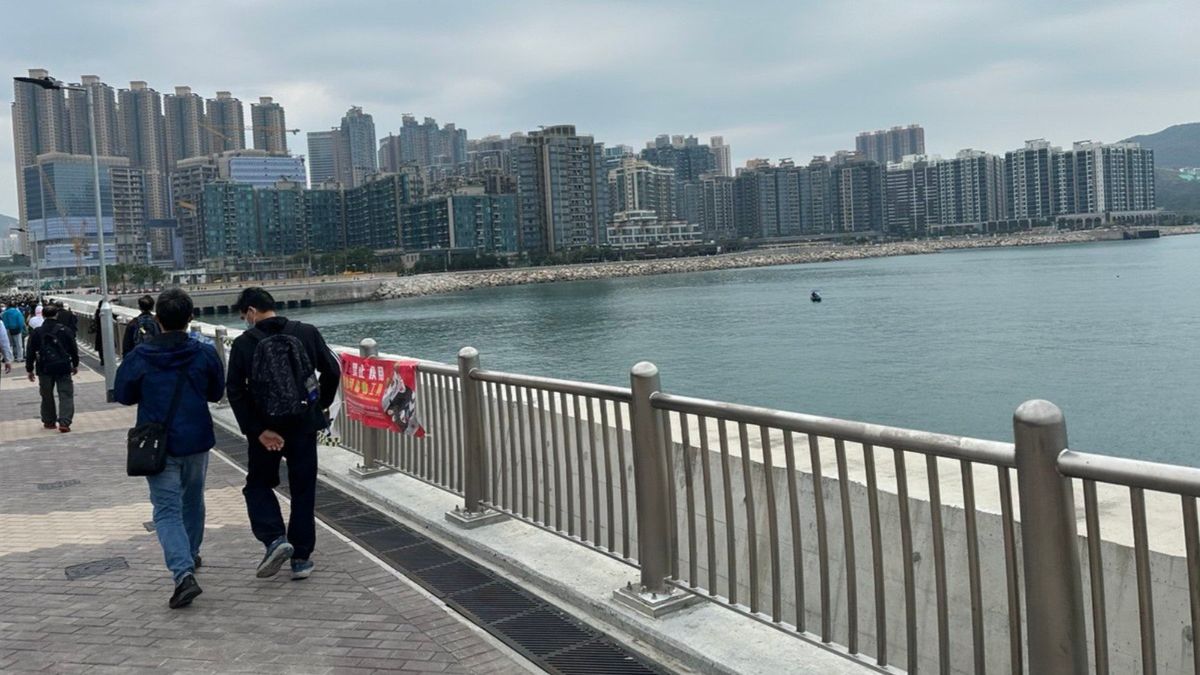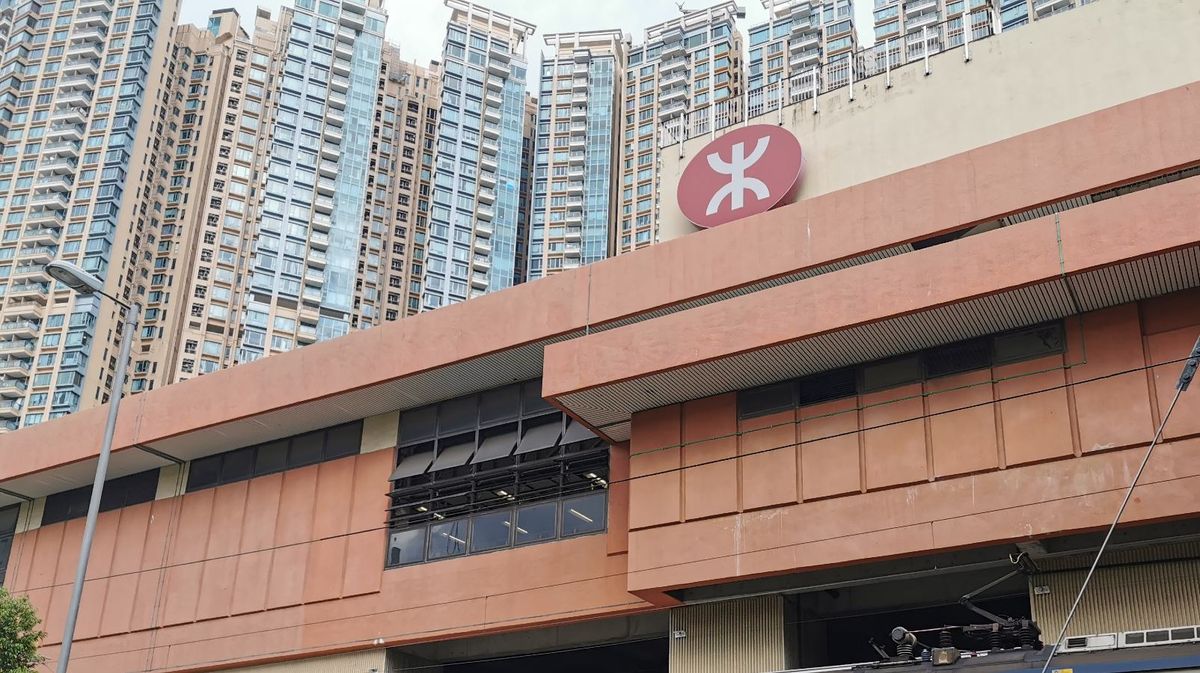The user wants a detailed analysis and professional report, over 1000 words, based on the provided title from 信報月刊 about KOL 西DorSi.
The report should be in traditional Chinese, follow a specific structure (engaging opening, subheadings, logical progression, strong conclusion), be easy to understand, creative, and incorporate information from the source (though I don’t have the source text, I need to base the analysis on the title’s implications).
The output must be in Markdown format, in traditional Chinese, without an opening main title, greetings, or unnecessary introductory/concluding phrases. It should only contain the direct answer.
Based on the title “【信報月刊】西DorSi:拍片不是為錢!—— 從月光族到政府座上賓 KOL細訴上位之路”, I can infer the following:
* “月光族” (Yue Guang Zu) means someone who spends their entire salary every month, leaving nothing. This implies a humble or struggling beginning.
* “政府座上賓” (Zheng Fu Zuo Shang Bin) means a respected guest of the government. This signifies a high level of recognition, influence, and perhaps collaboration or consultation with official bodies.
* “KOL細訴上位之路” (KOL Xi Su Shang Wei Zhi Lu) means the KOL recounts his path to success/rising up. This suggests the article will detail his journey, challenges, strategies, and turning points.
My analysis and report should cover:
Structure:
- Opening: Hook the reader by presenting the intriguing contrast and the core statement “拍片不是為錢!”.
- Subheading 1: 跳脫「錢」的框架:KOL的真實驅動力? (Beyond the ‘Money’ Frame: The True Drive of a KOL?) – Explore motivations beyond financial gain (passion, impact, connection, creativity).
- Subheading 2: 從「月光」到「座上賓」:不可思議的轉變 (From ‘Moonlight’ to ‘Guest of Honor’: The Incredible Transformation) – Detail the journey’s starting point and endpoint, emphasizing the magnitude of the shift.
- Subheading 3: 獨特「上位之路」:策略與心法 (The Unique ‘Path to Success’: Strategy and Mindset) – Discuss potential strategies (content, audience, authenticity) and the mindset (perhaps linked to “not for money”).
- Subheading 4: 影響力的層次:為何成為政府座上賓? (Levels of Influence: Why Become a Government Guest?) – Analyze what reaching this level of recognition means and how it’s achieved (credibility, reach, perhaps addressing specific societal issues).
- Subheading 5: 成功的多重定義與啟示 (Multiple Definitions of Success and Enlightenment) – Summarize, reflect on what success means for 西DorSi, and draw broader lessons for others.
Constraint Checklist & Confidence Score:
Confidence Score: 5/5 (Confident I can meet all constraints *by interpreting the title as the primary source of ‘facts’*).
Mental Sandbox:
- How to make “拍片不是為錢!” sound creative? Frame it as a philosophical stance, a different value system in a commercialized world. Connect it to authenticity and long-term impact.
- How to describe the “月光族” to “政府座上賓” journey without specific details? Focus on the symbolism of each state – the struggle and uncertainty vs. the recognition and influence. Emphasize the *scale* of the transformation.
- How to discuss the “上位之路” generally? Talk about finding a niche, consistent creation, engaging community, building trust. Link these back to the “not for money” idea – maybe *because* he wasn’t chasing quick money, he focused on building genuine connection and quality content, which eventually paid off in non-monetary ways first (influence) and then perhaps monetary/status ways.
- How to explain the “政府座上賓” status? It implies credibility beyond entertainment. Maybe he addresses societal issues, promotes positive values, or has a unique perspective that official bodies value.
Key Learnings from Sandbox:
- Need to emphasize the *implication* of the title’s statements, as I don’t have the full text. Phrases like “從標題來看”, “這可能意味著”, “這段轉變象徵著” will be useful.
- The “not for money” angle can be explored as a *strategy* or a *philosophy* that paradoxically led to greater success (both influence and status).
- Structure around the key phrases in the title: “拍片不是為錢”, “月光族”, “政府座上賓”, “上位之路”.
Strategizing complete. I will now proceed with generating the response following these steps.











